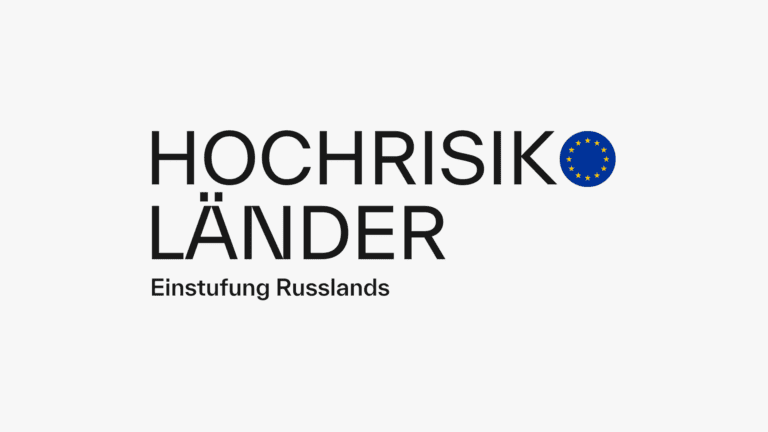What is the German Anti-Money Laundering Act (GwG)?
The Anti-Money Laundering Act (AMLA) is designed to prevent money laundering activities before they occur. To achieve this, the law identifies specific groups — referred to as “obliged entities” — who are particularly at risk of being misused for money laundering purposes. These entities are required to implement comprehensive compliance measures.
In Germany, over one million companies fall under the category of obliged entities.
These include not only institutions in the financial sector — such as banks and fintechs — or the insurance sector (like insurance companies and brokers), but also businesses in the non-financial sector such as jewellers, car dealers, art dealers, law firms, and real estate agents.
High Risk of Money Laundering in the Real Estate Sector
The real estate sector is considered especially vulnerable to money laundering,
primarily due to:
- The large amounts of money involved in property transactions
- The relative value stability of real estate,
making it an attractive asset for storing illicit funds.
Obligations of Real Estate Agents Under the AMLA
Real estate agents are required to identify their clients and verify their personal information. If there are indications of money laundering or terrorist financing, they must submit a suspicious activity report (SAR) to the competent authority.
Importantly, these obligations apply even if other parties, such as a bank or a notary, are already involved in the transaction. The estate agent must make an independent assessment of the situation and conduct their own due diligence. Under the AMLA, the flow of money is not the only relevant factor — what also matters is the estate agent’s unique insight into the individuals and the broader context of the transaction.
In addition to these obligations, real estate agents must implement a risk management system. This system consists of two key elements: a risk analysis tailored to the company’s specific business activities, and internal safeguards. These safeguards include policies, procedures, and staff training designed to reduce the risk of money laundering and terrorist financing.
Consequences for real estate agents in case of violations
Failure to comply with the obligations under the AMLA can lead to severe consequences.
For negligent or intentional violations, fines of up to €150,000 may be imposed. In particularly serious cases, these fines can increase to as much as €1 million.
Even more damaging than financial penalties can be the reputational harm. Companies that breach the AMLA can be publicly listed for up to five years on the supervisory authority’s website. This form of “naming and shaming” can have a lasting impact on a company’s public image and may lead to a loss of trust among clients and business partners. German authorities have already begun to enforce this measure.



